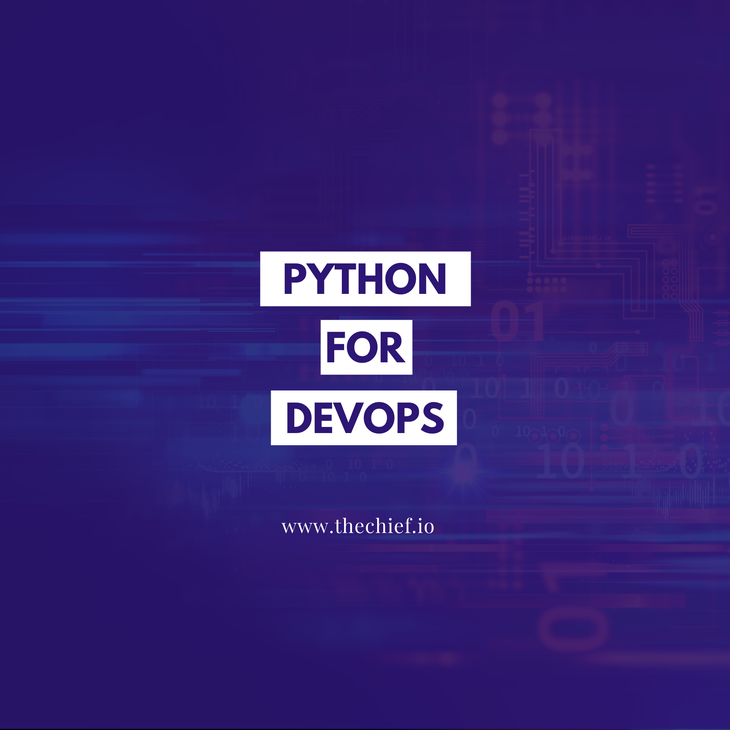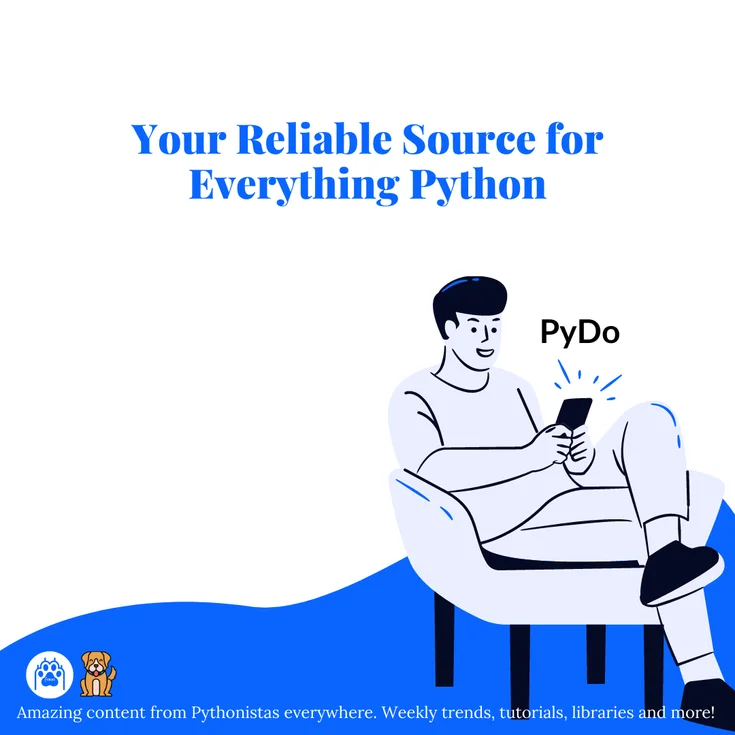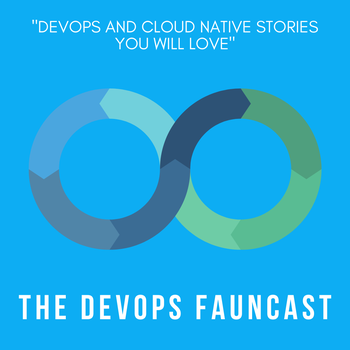
Python for DevOps

Python is a flexible and accessible programming language that makes various tasks such as scripting and automation easy not only in DevOps but also in various other software development fields.
Learning Python as a DevOps professional will benefit you in many ways, some of which we highlighted in this article.
Python has experienced a massive adoption for various software development use among several other programming languages in recent years. From web apps to website backends to machine learning, artificial intelligence, and data science, the use of Python is endless.
Python is an easy-to-learn language with an extensive and customizable library and one of the most popular and active user communities.
DevOps as a process requires some level of coding to ensure that implementing its principles yields the maximum expected result.
Even though it is not required, Python is one of the primary technologies used by professionals and teams practicing DevOps. Python provides the flexibility and accessibility needed in this process, making it an excellent choice for DevOps tasks. It enables DevOps professionals to build, test, deploy, visualize and monitor the DevOps lifecycle with improved, simple, but sophisticated custom utilities.
Python is a great tool to have as a DevOps engineer because it offers various beneficial use cases in significant stages of the DevOps process. Let's consider some of these use cases as we move on.
How Python is Used in DevOps?
Automation is the ultimate goal of DevOps, so is it the most crucial Python implementation in DevOps processes. Python makes it easy to write simple scripts that can automate significant tasks involved in DevOps processes. Some of these tasks include;
Monitoring
Python enables you to write scripts that you can use to automate simple day-to-day monitoring tasks and even send notifications and alerts if there is any issue in the system. Use Python libraries like psutils, a cross-platform lib for process and system monitoring, and one of the multiple network traffic monitoring that the Python community developed (e.g. Scapy), and you'll have a monitoring system that you can code from scratch and adapt to your specific needs.
CI/CD and Configuration Management Pipelines
Another use of Python is in automating continuous integration and deployment. Python makes it easy to write simple scripts that will automate the CI/CD pipeline making it easier and error-free. Don't forget that the most useful and known tools in the DevOps spaces are written in Python, in this category, you'll find Ansible and SaltStack.
Deployment
Fabric and Cuisine are popular python modules used by DevOps for deployment. Python can also help to automate the deployment, configuration, and management of applications right from the development to the testing and production environments.
Cloud Automation
You can also use Python to write infrastructure-specific scripts to automate the creation, configuration, and management of DevOps applications' environment with cloud platform interfaces. Boto, google-cloud-storage are Python SDK modules for AWS and Google Cloud Platform, respectively. Other generic libraries like Apache Libcloud are widely used by infrastructure teams and DevOps vendors to manipulate infrastructure with ease and confidence.
Extending DevOps Tools
DevOps involves the combined use of many different tools associated with specific stages of the DevOps process. Tools like Jenkins, Git, Ansible, Docker, and Kubernetes.
Understanding Python makes it easy to work with many of these tools, and in some tools such as Ansible, which is an automation tool built with Python, you can easily extend and customize it to fit your usage requirement.
Many cloud-native tools such as Docker Compose, an infrastructure-as-code tool, Ambassador API Gateway, and Apache Libcloud are handy DevOps tools developed in Python.
Major cloud platforms like AWS and Google Cloud also have their command-line interfaces (CLIs) built with Python, emphasizing that Python is a versatile language in the DevOps field.
Some other important reasons why Python is a great tool you should learn as a DevOps professional includes:
It is platform-independent
Python is a platform-independent language. It can run seamlessly in various development, testing, and production environments. A benefit you can’t enjoy when using bash or PowerShell.
Simple syntax
Python, as a programming language, has a simple syntax similar to a pseudo-code. This simple syntax makes it easy to learn and readable for other professionals working with it, even if they have little knowledge of Python.
Flexible and easily maintainable scripts
Being a language with simple syntax, Python makes it easy to write, maintain and refactor scripts written with it.
Lightweight
Python is a lightweight programming language that is almost ready to run on many environments without setting up any running environment.
Conclusion
If you look up various DevOps job listings on different websites, you'll find out that Python is a ubiquitous and most demanded skill in DevOps roles. Learning this language will give you an edge in landing a job role as a DevOps engineer.
And finally, with the adoption of machine learning, a python dominated field, in DevOps through practices such as AIOps and MLOps, understanding Python as a DevOps professional will give you a great understanding of these technology trends. This will enable you to implement such new technologies in your DevOps workflows to provide quality and secure applications.
Join our Python Community
We launched a new FAUN weekly newsletter dedicated to Python ecosystem: PyDo.
Each week, you’ll receive an email in which we curate the best Python blog posts, news, analysis, tools, and libraries. Python is a programming language used by many types of developers, from web developers, machine learning specialists, networking and security engineers, to DevOps specialists. In PyDo, we will curate articles from most of these fields with a little focus on DevOps, DevSecOps, and Cloud Computing.
You can read the official announcement or join FAUN for free.
Get similar stories in your inbox weekly, for free
Share this story:

The Chief I/O
The team behind this website. We help IT leaders, decision-makers and IT professionals understand topics like Distributed Computing, AIOps & Cloud Native
Latest stories
How ManageEngine Applications Manager Can Help Overcome Challenges In Kubernetes Monitoring
We tested ManageEngine Applications Manager to monitor different Kubernetes clusters. This post shares our review …
AIOps with Site24x7: Maximizing Efficiency at an Affordable Cost
In this post we'll dive deep into integrating AIOps in your business suing Site24x7 to …
A Review of Zoho ManageEngine
Zoho Corp., formerly known as AdventNet Inc., has established itself as a major player in …
Should I learn Java in 2023? A Practical Guide
Java is one of the most widely used programming languages in the world. It has …
The fastest way to ramp up on DevOps
You probably have been thinking of moving to DevOps or learning DevOps as a beginner. …
Why You Need a Blockchain Node Provider
In this article, we briefly cover the concept of blockchain nodes provider and explain why …
Top 5 Virtual desktop Provides in 2022
Here are the top 5 virtual desktop providers who offer a range of benefits such …















